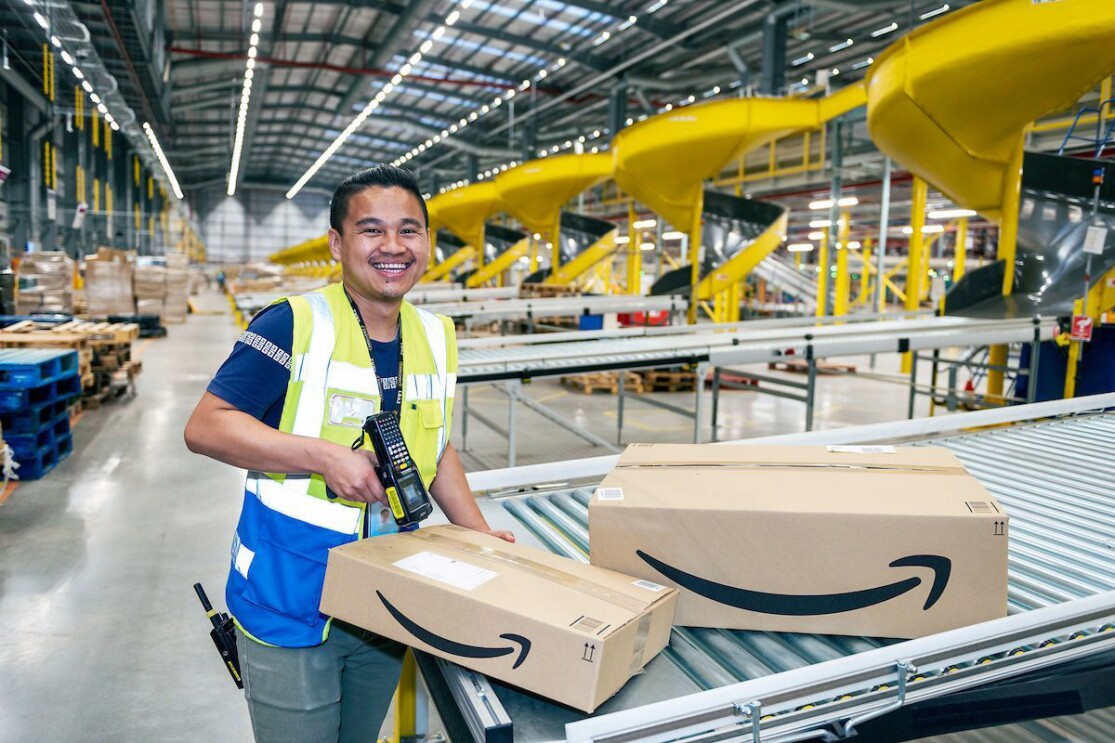Recent coverage has focused on a specific entity in Luxembourg called Amazon EU Sarl, but this does not take into account the local tax contributions made in other countries, or the tax contributions from many other Amazon business areas right across Europe. Additional data on our economic contribution for all 18 European countries where we have a presence is also available.
In 2015, Amazon EU Sarl established branches in the UK, Germany, Spain, France and Italy. We report directly to the local tax authorities in these countries the retail revenues on sales made to customers through these branches, and the associated expenses and taxes. More recently, we have introduced similar branches for the Netherlands, Sweden and now Poland that coincide with the opening of our stores there. We operate this pan-European business from our headquarters in Luxembourg where we have over 3,000 employees and growing, including our senior leadership team.
Corporate tax is based on profits, not revenues, and our profits have remained low given our continued investments across Europe. We’ve invested well over €78 billion since 2010, and much of that investment is in infrastructure and research that creates many thousands of new jobs, generates significant local tax revenue, and supports small European firms with programmes like Fulfilment by Amazon – we now have 60 fulfilment centres, over 100 corporate offices and development centres, and over 135,000 full-time employees across Europe in a wide variety of well-paid roles.
And there are over 100,000 European-based selling partners using our services to reach new customers and grow their businesses. We invest heavily in our selling partners: in Europe last year we spent over €2.2 billion on logistics, tools, services, programmes, and people to open up new opportunities and support the success of these businesses. In fact, small businesses account for more than half of all products offered on our stores. These firms generate tens of billions of Euros in revenues annually and have created hundreds of thousands of jobs.
Amazon continues to actively support the OECD and the governments that are working to achieve a global agreement on the taxation of the digital economy, rather than unilateral taxes, so that rules would be consistent across countries and fairer for businesses.








